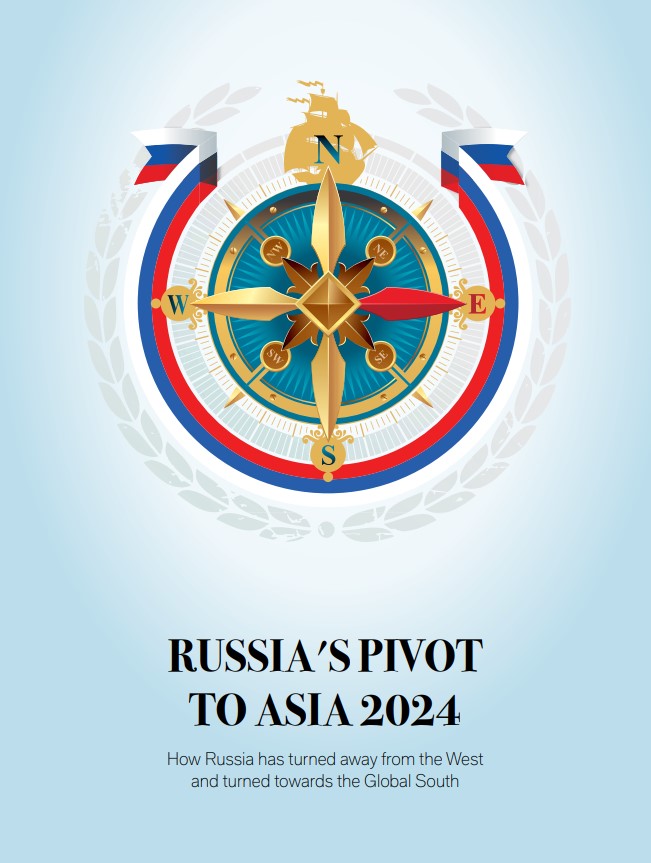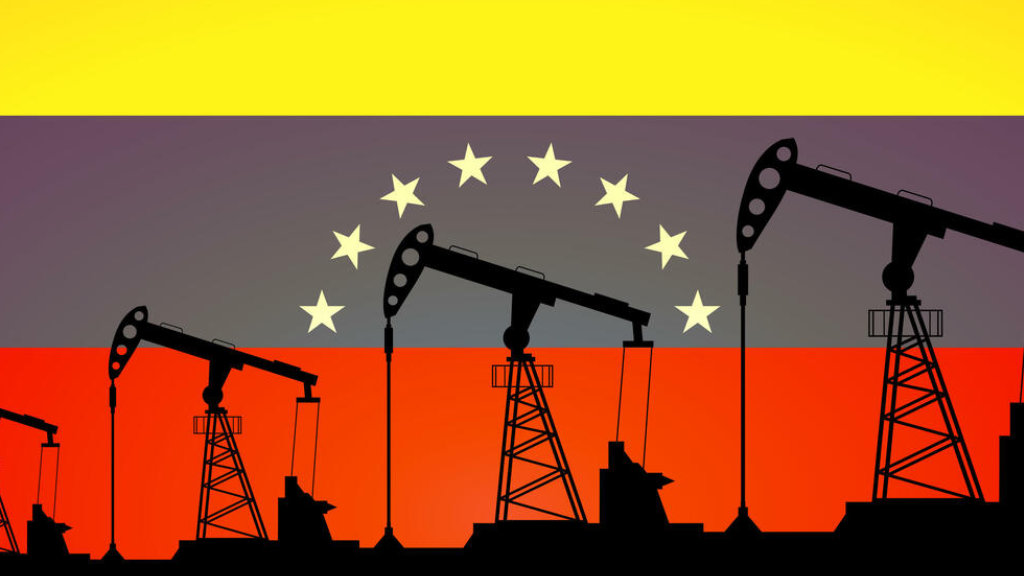Venezuela could transfer the development rights to its vast oil and gas fields that are currently operated by American energy companies to entities from BRICS nations, President Nicolas Maduro said on Friday. Maduro is currently facing pressure from Washington following contested elections, with Washington recognising his opponent as the legitimate President. Venezuela is also a BRICS candidate member. With an estimated 303 billion barrels, Venezuela accounts for approximately 17% of global reserves of crude oil, according to the International Energy Agency (IEA), which lists the country as having the world’s largest proven oil reserves.
BRICS comprised Brazil, Russia, India, China and South Africa, while at the beginning of this year, Egypt, Ethiopia, Iran, and the United Arab Emirates also joined. The BRICS countries combined now possess 43% of total global oil production. Numerous other countries, including Venezuela, have expressed interest in joining the group. If Venezuela joined BRICS, the total global oil reserves belonging to BRICS countries would rise to 60%.
Maduro said that “If these people up north (the United States) and their global partners make the mistake of their lives as regards our county, then those oil blocks and those gas blocks that were already signed up by them will go to our BRICS allies.” He stated that Washington was at the forefront of plans to destabilize his country and instigate a coup.
Chevron, is the only American energy major still operating in Venezuela, and has a license to pump Venezuelan oil. This licence was granted after the US relaxed sanctions against the country, which came in exchange for the unblocking of Venezuela’s oil proceeds, held in US banks, that had been frozen by US sanctions.
Chevron is currently involved in four onshore and offshore projects in Venezuela through a partnership with state-controlled oil giant Petroleos de Venezuela (PDVSA). Earlier this year, the US company announced it was increasing output by 35% for 2024 by bringing new Venezuelan wells online.
Earlier this week, the White House recognized Western-backed opposition figure Edmundo Gonzalez Urrutia as the winner of Venezuela’s presidential election on Sunday, despite the official results showing incumbent Maduro having won. The Venezuelan leader has urged Washington to “keep its nose out of Venezuela,” saying that the protests that erupted in the country after the results were announced were an attempted “coup.”
Russian President Vladimir Putin congratulated Maduro earlier this week on being re-elected. Kremlin spokesman Dmitry Peskov said on Thursday that Venezuela’s opposition should admit defeat and congratulate the winner. He added that it is important for Venezuela to avoid attempts at destabilization orchestrated by third countries, and to remain free of outside meddling.
Venezuelan Foreign Minister Yvan Gil Pinto has also confirmed that Maduro has received an invitation to take part in the BRICS summit scheduled for October in Kazan.
Venezuela has the world’s largest proven oil reserves, however, its crude oil is very heavy by international standards, and as a result much of it must be processed by specialized domestic and international refineries. Russia has the capabilities to do so while the United States is embroiled in political and sanctions disputes with Caracas.
Russian companies can develop oil production and refining in Venezuela via joint ventures, Venezuela’s State Owned PDVSA CEO Asdrubal Chavez said following a meeting of the Russian-Venezuelan Intergovernmental Commission in December 2022, with Chavez noting the importance of cooperation in all areas of the hydrocarbon value chain. “We have agreed to set up a respective working group to develop five joint ventures between Russia and Venezuela. So, I would like to thank Russia for the presence of these five new companies, which have expressed readiness to support us in the further resumption of oil production and processing. Our companies are interested in the entire range of Russian oil production and refining operations.” Chavez said.
Venezuela is a member of OPEC, the global cartel that fixes energy prices and coordinates production.
Securing Venezuelan oil reserves and refining these would be a major coup for Russia. If accomplished. these would be heading for friendly LatAm, Asian, and African markets rather than the United States or Europe. Russia’s 2023 Foreign Policy Concept, which came into immediate effect in April last year makes specific reference to the Latin American and Caribbean regions as areas to be targeted. The United States would probably conduct military operations in Venezuela to prevent this scenario, however Maduro’s comments do imply that the destiny of Venezuela’s oil resources is a fluid subject.
Further Reading

Russia & Latin America
Russia’s trade and development with Latin American nations is comprehensively covered in our 2024 Russia’s Pivot to Asia 2024 Guide. This is a complimentary PDF download and can be accessed in English here and Russian here.

 Русский
Русский













